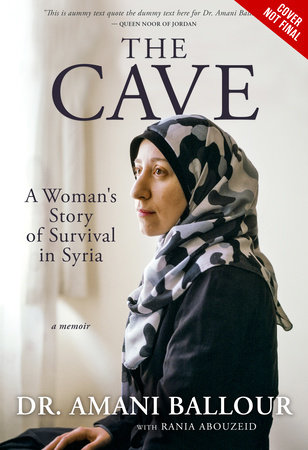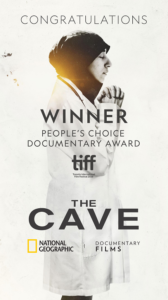OUTSMARTING CANCER aims to share the history and latest data on cancer prevention interwoven with narratives of patients that have inspired Dr. Adam Barsouk to see oncology in a new light.
OUTSMARTING CANCER:
Risk Reduction and the Power of Prevention
by Adam Barsouk, M.D.
Johns Hopkins University Press, Winter 2026
(via Vertical Ink)
Dr. Adam Barsouk will break down the most common risk factors for cancer worldwide, sharing historical anecdotes, the latest epidemiological statistics, and studies on the best lifestyle and public health interventions, all interspersed with patient narratives and personal anecdotes. In sharing his patients’ and his family’s stories, Dr. Barsouk gives cancer a face and prevention the urgency it deserves. While virtually every cancer prevention book on the market today focuses on a specific type of diet that people should follow to avoid getting cancer, Dr. Barsouk takes a much broader approach, dealing with a wide variety of cancer risk factors and how to avoid them practically in people’s everyday lives. Dr. Barsouk’s writing and storytelling ability is on par with Dr. Atul Gawande or even an Dr. Oliver Sachs, and he is able to relate the humanity and pain and tragedy and triumph that he has seen firsthand through the stories of not only his patients, but also his own family, and translate the science of cancer into relatable and practical everyday advice.
Adam Barsouk, M.D.’s medical journey began at a young age, when in the 2010’s he acted as his Ukrainian grandparents’ translator at the cancer clinic in Pittsburgh where they both received treatment for rare blood cancers which were, in all likelihood, due to exposure to radioactive fallout from the Chernobyl nuclear disaster. After they passed, Adam knew he wanted to continue to change lives through medicine, and he started volunteering with cancer patients and in cancer research labs at the University of Pittsburgh. Working with patients, he got to translate not just Russian or Spanish, but also the complex science of oncology to ordinary people in need. He became their advocate, and he continued that advocacy by publishing articles in the Wall Street Journal, Forbes, Newsweek, the DailyMail, and more, and through numerous appearances on television to talk about healthcare and policy. He went on to graduate summa cum laude from the accelerated undergraduate medical program at Penn State University, and top of his class from Sidney Kimmel Medical College at Thomas Jefferson University in Philadelphia. He is currently a resident physician in Internal Medicine at the Hospital of the University of Pennsylvania, where he rotates in the oncology ward and clinic.

 Gynecologist Dr. Dorothee Biener is always surprised at how little most women, young and old, know about their bodies. Yet every woman’s body is a true marvel!
Gynecologist Dr. Dorothee Biener is always surprised at how little most women, young and old, know about their bodies. Yet every woman’s body is a true marvel! Simply put, there is no one in Syria with a story like Dr. Amani Ballour. The only woman to have ever run a wartime hospital, she saved her peers from the atrocities of war while contending with the patriarchal conservatism around her.
Simply put, there is no one in Syria with a story like Dr. Amani Ballour. The only woman to have ever run a wartime hospital, she saved her peers from the atrocities of war while contending with the patriarchal conservatism around her.